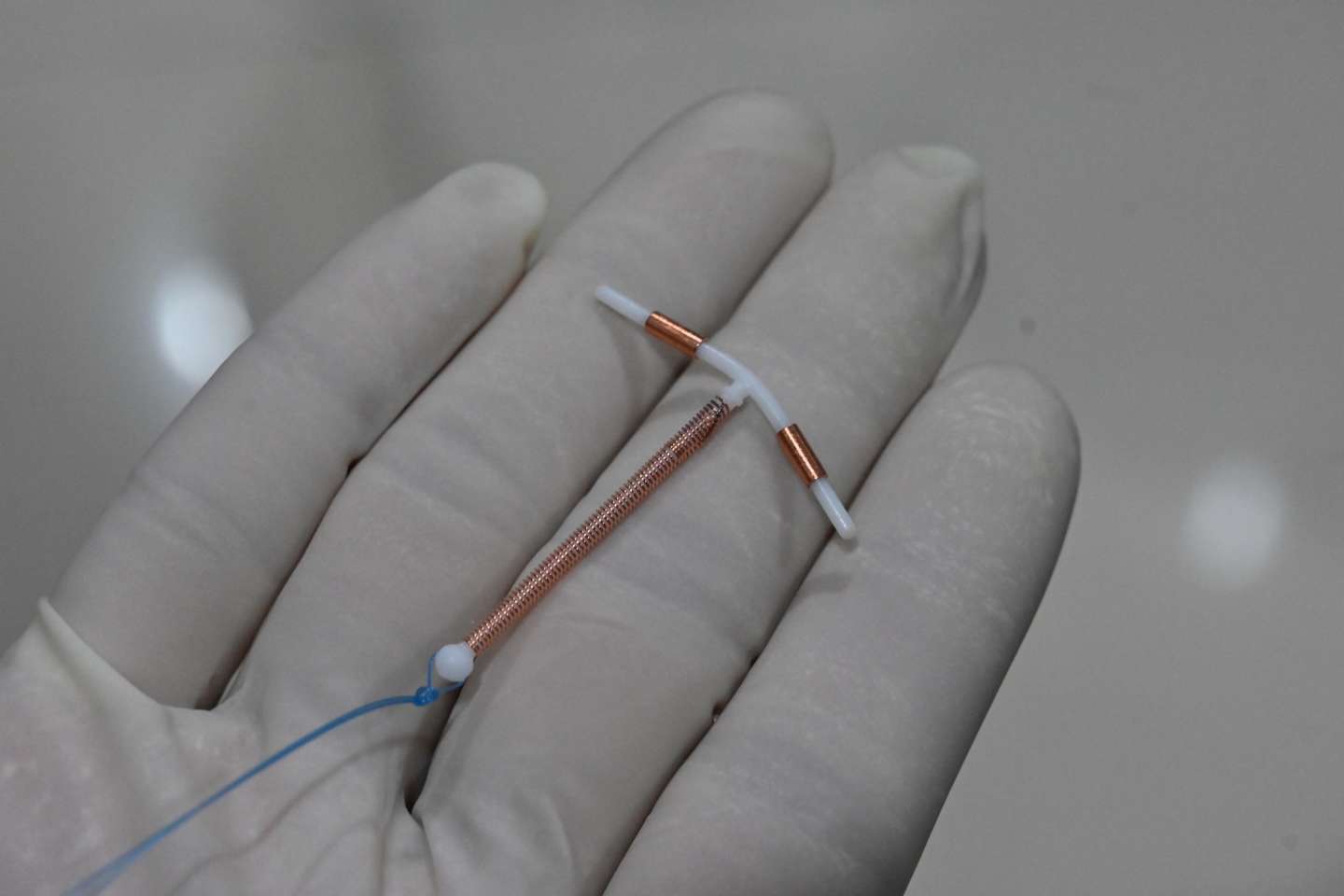Last week, Sydney Phillip, a 26-year-old American living in Alabama (southeastern United States), made an appointment to have an IUD inserted. Until now, she took the pill, a contraceptive method whose failure rate is around 7% with conventional use. And, so far, the potential consequences of this margin of error seemed acceptable to him. This was before Monday, May 2.
That day, the site Politico released a draft Supreme Court decision that, if adopted as it stands, would overturn Roe v. Wade (1973), which guarantees the right of American women to dispose of their bodies throughout the country in the name of the right to privacy.
In fact, the right to abortion in the United States has never been so threatened for almost fifty years. The 98-page text can be negotiated until June 30. But, if the highest jurisdiction of the country confirmed this draft, it would again be up to each of the fifty States to decide whether or not it protects the right to voluntary termination of pregnancy (IVG). However, according to the Center for Reproductive Rights, about half of the States could ban abortion purely and simply. According to the Guttmacher Institute, up to 58% of American women of childbearing age – or about 40 million women – live in a state that could deprive them of this right or drastically limit it.
“Protecting myself by having an IUD inserted and doing what I can to avoid getting pregnant is a big concern for me right now because of where I live”explains Sydney Phillip to the washington post. In 2019, Alabama passed the most repressive law in the country on abortion: the text does not provide for an exception in the event of rape or incest, only in the event of a vital emergency for the mother or of« lethal anomaly » of the foetus. A federal court has blocked the law from taking effect, but a near-total ban on abortion is very likely in that state if Roe v. Wade was cancelled, the newspaper points out.
Sydney Phillip is far from the only one to have made this decision. Google searches for the words « IUD », » Plan B « (the name of a morning after pill, hormonal emergency contraception) and « birth control » exploded in the days following the leak of the preliminary draft, reports the washington post. Many women also took to social media to say they were stocking up on morning after pills. For their part, obstetrician-gynecologists have reported an increase in inquiries about long-acting contraceptives – such as IUDs, which have a duration of action of five to ten years, or contraceptive implants, effective for three years.
After abortion, the right to contraception threatened?
“I received a lot of questions (…) people who feel they need to find reliable, long-acting contraception (…) before their reproductive rights are threatened”, said Jennifer Lincoln, an obstetrician from Portland (Oregon) followed by 2.8 million subscribers on TikTok. The doctor adds that she observed the same phenomenon after the election of Donald Trump in 2016. A study had indeed revealed that, in the month following the Republican’s election, insurance requests for IUDs increased by 21% .
After abortion, the question of contraception could come to the heart of the political debate in the United States. The Supreme Court indeed has a monopoly on the interpretation of the Constitution, and the judgments it renders are a key source of law within this federal state. Delete Roe v. Wade would therefore be tantamount to breaking a constitutional lock. As a result, this would open the door to a potential challenge to a whole range of other rights, such as contraception or same-sex marriage.
The Republican Governor of Mississippi, Tate Reeves, made headlines on Sunday, May 8, after refusing to answer a question asking him if his state was considering banning contraceptives such as the morning after pill or the IUD. Thinking about next steps, he said the “provide movement”as the opponents of abortion call themselves, should now prove that it is not “not just anti-abortion”, helping future mothers. And to add: « I’m sure there will be conversations about [les contraceptifs] ».
Madeleine Klein, also questioned by the washington postalso planned to have an IUD inserted. “No one should be pregnant if they don’t want to. We are not factories to manufacture babies”, she points. Madeleine Klein also says she is frustrated that the IUD is her best option: she is worried about the procedure – 17% of women felt significant pain at the time of installation – as well as cramps that some patients report within weeks. , or even the months that follow. » It’s scaryshe says. I don’t want to have to, but on the other hand, I really, really don’t want to get pregnant. »
